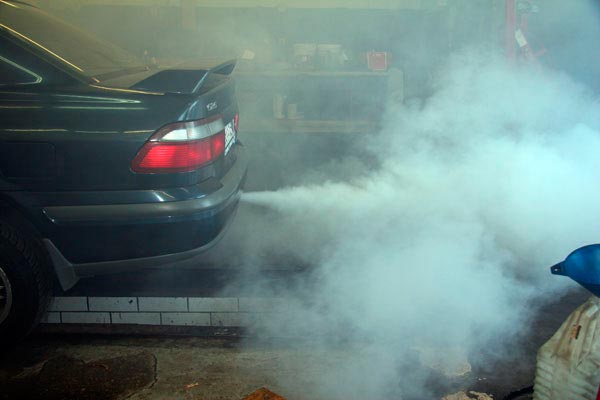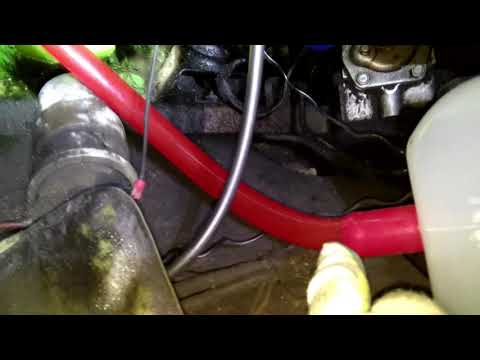
What does it mean when my car "burns" oil?
An oil burn is usually caused by an oil leak that burns on a hot engine or exhaust system components. Repair an oil leak to prevent costly vehicle repairs.
Engine oil must be inside the engine. From time to time, oil seals or gaskets can leak due to excessive wear or exposure to extreme temperatures. An oil leak distributes oil outside the engine and generally to other engine components that are very hot. This gives off the smell of burning oil. However, it is little known that oil burning can also be caused by damage to internal engine components. If a leak is not properly diagnosed or repaired, or an internal engine problem is not resolved, additional oil will leak or consume, potentially creating a hazardous situation.
There are a few things you should be aware of that will help you recognize an oil leak and what you should do to fix the problem before it causes serious engine damage or a dangerous situation.
How to know if your car is burning oil
As noted above, oil burning can be caused by either an oil leak or damage to internal engine components. You don't want to wait until the oil level gets too low to know you have a problem, so in order to fix this problem, you must understand how to tell if your car is burning oil. Here are a few symptoms you will notice:
When you have an oil leak and the leaking oil hits the exhaust or other hot components, you can usually smell burning oil before you see smoke.
You may also see bluish smoke from the exhaust while the engine is running. If you notice this while accelerating, it's likely that your piston rings are damaged. If smoke comes out during deceleration, the problem is usually due to damaged valve guides in the cylinder heads.
What makes oil burn
The reason for burning oil is that it is leaking from where it should be and is on hot components such as exhaust manifolds, valve covers, or other engine systems. As a vehicle ages, various parts may wear out and fail to seal properly with the oil. Oil flows out and touches hot engine components.
As stated above, the smell of burnt oil can also come from the exhaust pipe. If the piston rings are damaged, oil burning is caused by a lack of compression in the combustion chamber and excess oil entering the combustion chamber. This is also the cause of oil burning if the cylinder head valve guides are damaged.
When the positive crankcase ventilation (PCV) valve is worn, it also allows oil to seep into the combustion chamber. A faulty or worn PCV valve allows pressure to build up, which pushes out gaskets designed to seal the oil. A properly functioning valve vents gases from the crankcase to prevent pressure build-up.
Burning oil can lead to serious problems, including engine failure. If you notice a problem with your car, get it checked out immediately before the problem gets worse.
